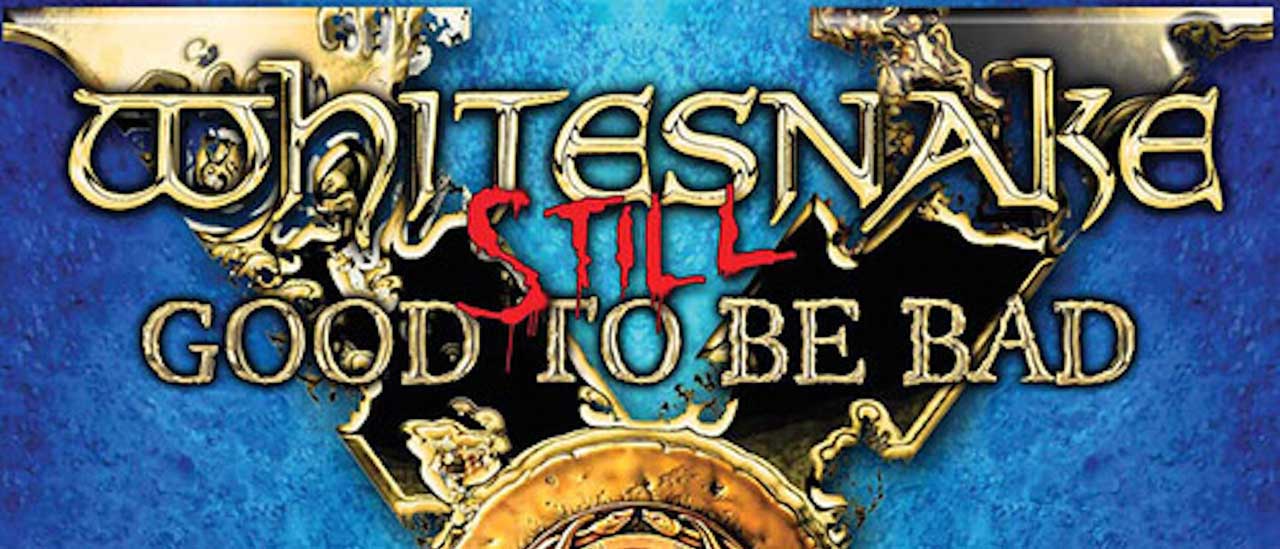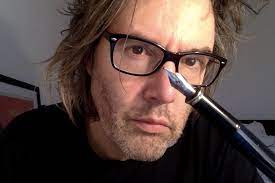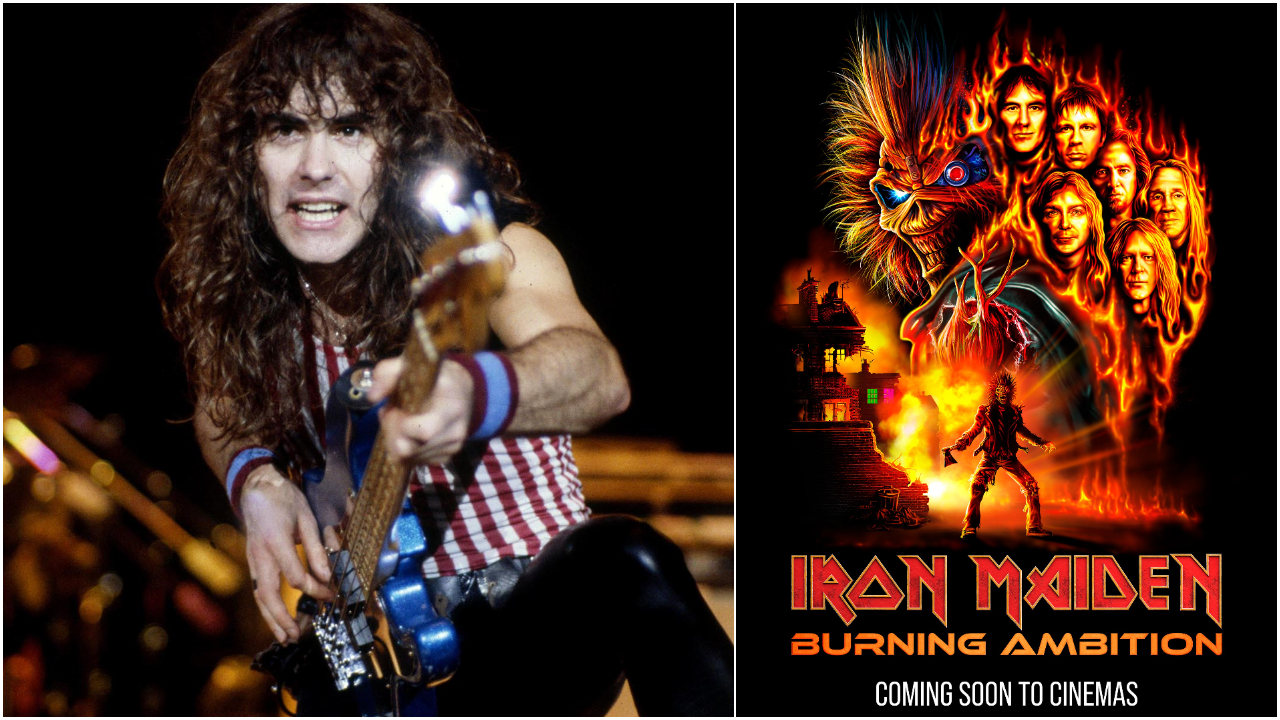You can trust Louder
Coming out of the darkness (and possibly in from the rain) like a character from a David Coverdale song, Whitesnake’s Good To Be Bad was the surprise studio album from a band who hadn’t released a new record for the best part of a decade. Whitesnake had become a ‘greatest hits’ live vehicle – and who doesn’t love a show where the singer doesn’t deliver the immortal introduction: “Here’s a few new ones”? Although when you’ve lost and loved like Coverdale, you still need to vent your creative spleen occasionally, and nowhere does he do so more than on 2008’s Good To Be Bad.
Lyrically, Coverdale, like many a blues singer before him, still had many a woman who had done him wrong. But with the help of guitarist Doug Aldrich he buffed and polished his broken heart until it gleamed and was nearly as good as new again. Which is to say that Good To Be Bad was something of an unexpected gem for those who had given up on the band returning to their original soul and blues roots.
This Whitesnake was the arena-pleasing, swaggering, rock-radio unit. And time’s been kind to this collection, and the multitude of extra add-ons; remixes, remastering, all pleasingly punchy and pushing needles into the red.
Better still are the extra discs of out-takes and reworked versions, the Hook City Harlots horn section and drummer Tommy Aldridge thumping their way through the throwaway Dog, but the off-the-scale energy is jaw dropping all the same. Or the flipside to that, the lilting Summer Rain (Unzipped). Both are pleasing, surprise left turns.
Disc 4, the so called ‘Evolution’ collection, is sometimes raw demos and studio jams, Coverdale sometimes off mic, phrasing lyrics and melody lines, and Aldrich strumming and picking his way along on an acoustic guitar. It’s sketches, templates and building blocks, and to hear a song being built from the ground up is really quite remarkable.
Even when Coverdale’s vocal slips off key, the recording doesn’t spare the singer’s blushes. It’s not ever likely to be the first thing you turn to on this hefty reissue, but it’s guaranteed to be the disc that will keep bringing you back for more.
Sign up below to get the latest from Classic Rock, plus exclusive special offers, direct to your inbox!
Philip Wilding is a novelist, journalist, scriptwriter, biographer and radio producer. As a young journalist he criss-crossed most of the United States with bands like Motley Crue, Kiss and Poison (think the Almost Famous movie but with more hairspray). More latterly, he’s sat down to chat with bands like the slightly more erudite Manic Street Preachers, Afghan Whigs, Rush and Marillion.


